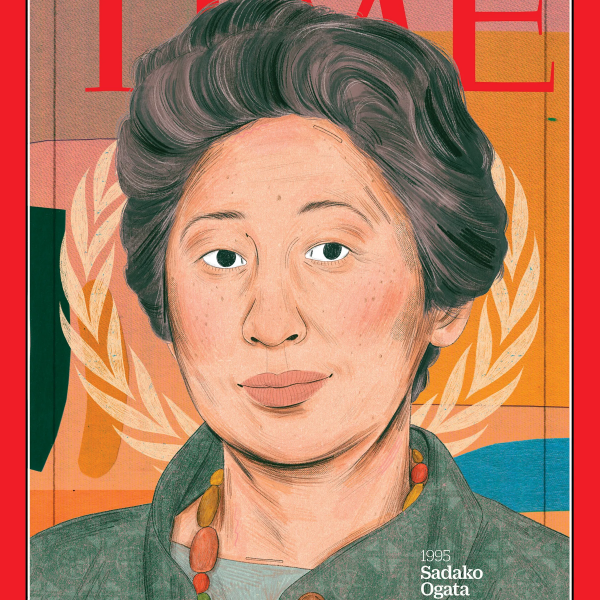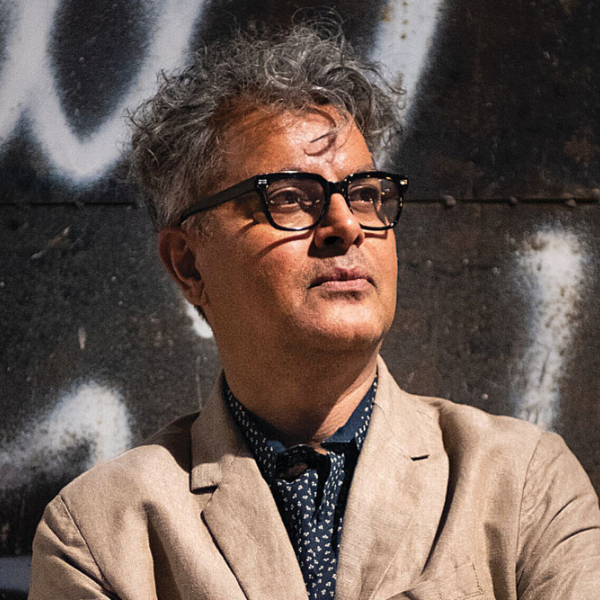by Tabea Linhard
Associate Professor of Spanish
The idea that one should fail often and well has become a truism popular with commencement speakers, life coaches, and designers of bumper stickers and kitchen magnets. Like all clichés, the phrase is a bit overused and tired, yet it still resonates with my experience winning an ACLS fellowship in 2014.
By spring 2013 I had submitted applications to both semester- and year-long fellowship competitions about a dozen times, with nothing to show for it but a solid 100% failure rate.
That same summer I was fortunate enough to receive a Summer Research Seed Grant from the Center for the Humanities, which allowed me to cover the costs of a research trip and to spend part of the summer preparing a research narrative. The work I conducted abroad and my writing process revealed two key aspects of the current state of my proposal: first, that one of its parts simply did not fit well with the rest of it, and, second, that I had underestimated the richness of some of the materials I would find. It became clear that my book project would require more substantial archival research.
Participating in a grant-writing workshop at the Center for the Humanities in August 2013 required me to complete a revised version of my research narrative. Unfortunately, the May NEH fellowship deadline meant that incorporating workshop feedback in that version of my proposal was not an option. But when ACLS’ deadline rolled around in the fall, I was able to prepare a version that addressed all that I learned from my colleagues at the workshop.
By then, the 2013–14 academic year was underway, and in December I learned that, just like in previous years, I had failed again to receive an NEH fellowship. Yet, the fact that the feedback from the NEH panelists echoed the critiques I had received from colleagues in the grant-writing workshop was encouraging. I may have been unsuccessful in securing yet another grant, but at least now I was unsuccessful with a purpose. I finally received word in March 2014 that my proposal had been selected for an ACLS Fellowship.
I realize that I write this with the benefit of hindsight — I am not saying that the fellowship I eventually did receive was meant to be, much less that all my paths led to a successful proposal, straightforwardly and without obstacles. When we submit a grant application we automatically accept that chance and luck (both good and bad) will be part of that process. Availing oneself of the opportunities offered by the humanities center will not nullify those elements, though in my case I am certain that these steps improved my chances of eventually landing a grant. But that may not be a catchy phrase for a kitchen magnet.
Read about more funding opportunities for humanities faculty from the Center for the Humanities.




